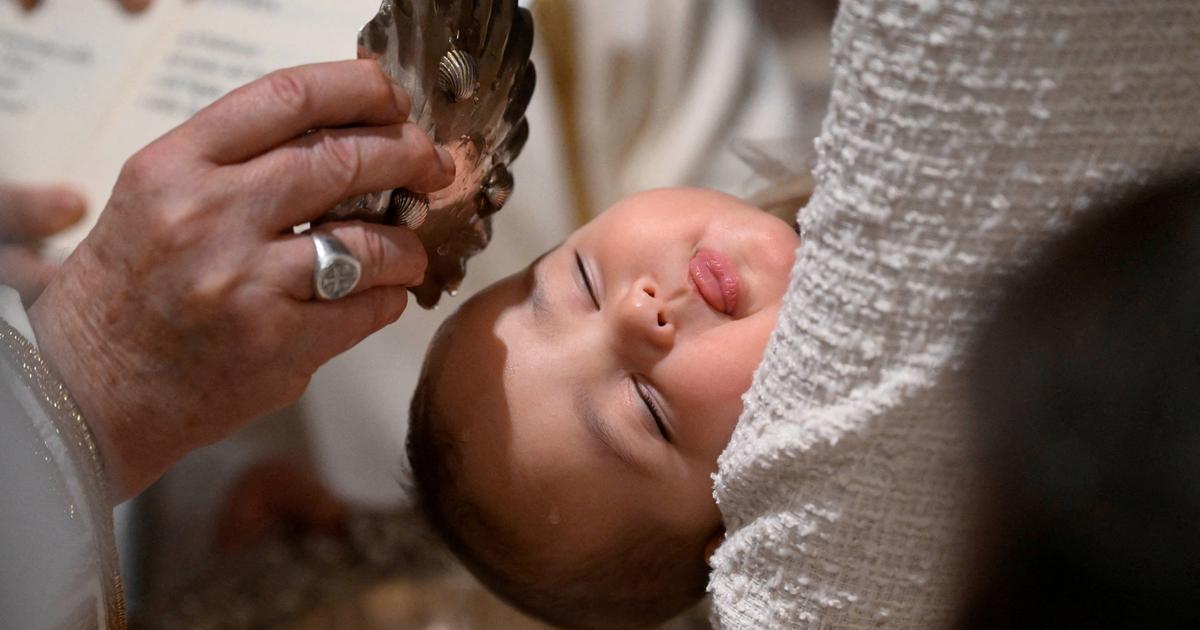The Catholic Church can refuse to erase the mention of a baptism from its registers, the interest of the Church in retaining this data taking precedence over the will of an individual wishing for it to be deleted, according to a decision of the Council of State consulted by AFP on Saturday.
“The interest attached, for the Catholic Church, to the conservation of personal data relating to baptism (...), must be regarded as a compelling legitimate reason, prevailing over the moral interest of the applicant”
wishing
“ that this data be definitively erased
,” considers the high administrative court in this decision rendered on Friday.
In the Catholic Church, baptism can only be received
"once in a person's life, a requirement which could be hindered by the permanent erasure of the record"
if the person concerned later wished to
“reintegrate the Christian community
,” she adds.
The Council of State was contacted by a person who contested the fact that the National Commission for Information Technology and Liberties (CNIL) had closed his complaint relating to the mention of personal data concerning him contained in the baptism register of the diocese of Angers.
Appeal to the Court of Cassation
The Council of State invokes the possibility, for any baptized person, of
“having an entry placed in the register stating their decision to renounce all links with the Catholic religion”
.
Given the
“non-dematerialized”
nature of the registers, the
“data is only accessible to interested parties for the information that concerns them, as well as to ministers of religion and people working under their authority”
, notes the court.
“This data is not accessible to third parties”
and kept
“in a closed place
,” she adds.
In 2014, the Court of Cassation had already rejected the appeal of a man who wanted to see the mention of his sacrament disappear from the parish register.
She had considered that
“from the day of its administration and despite its denial, baptism constituted a fact whose historical reality could not be contested”
.
The decision of the Council of State is
“interesting”
given the fact that it is the first time that it has to rule in the context of the application of the General Data Protection Regulation (GDPR), in force in France since 2018, notes Nicolas Hervieu, professor of public law.
“But this is the position of the French Council of State which interprets European law.
It is not certain that Supreme Courts in other EU states will rule in the same direction
,” he told AFP.
“Some could potentially question the Court of Justice of the EU”
on this point, but it is
“it which has the last word”
.

